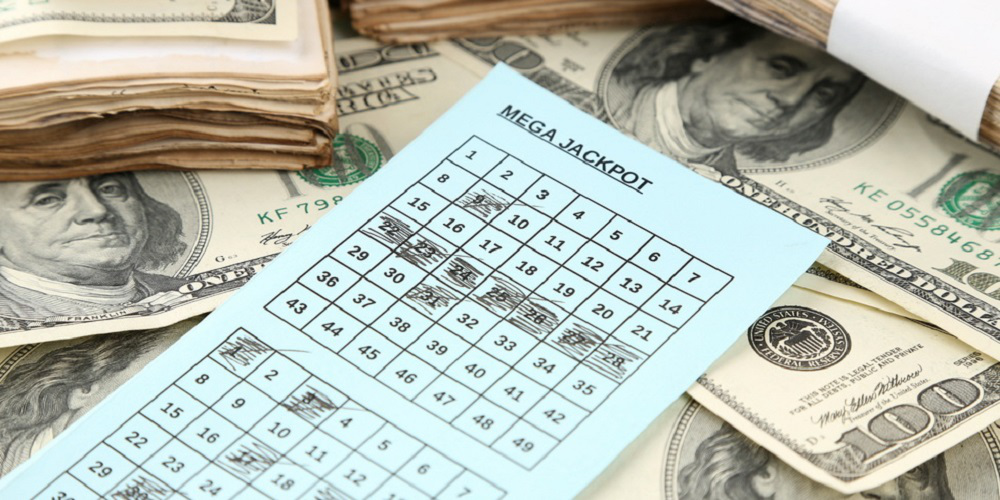
Reasons to play the lottery
The lottery has long been part of the gambling culture, and each of us has probably bought a lottery ticket at least once. However, the chances of winning the jackpot are extremely small, which makes the game more attractive from a psychological point of view. Why, despite this, do millions of people continue to play the lottery?
Dreams of wealth: the power of imagination
One of the main reasons why people play the lottery is the opportunity to dream of sudden wealth. Buying a lottery ticket is not just a chance to win money, it is an opportunity to imagine a new life. Dreams of luxurious houses, travel, financial freedom stimulate the imagination, creating a psychological effect of anticipation. Even if a person understands that the chances of winning are minimal, the process of daydreaming itself becomes a valuable emotional experience.
Why does it work?
Imagination is a powerful tool that our brain uses to create positive emotions. Research shows that the anticipation of winning activates areas of the brain responsible for pleasure, which creates an emotional attachment to the idea of the lottery itself.
Cognitive distortions
Despite the low odds of winning, people continue to believe that “someone wins”, which means they can win too. This phenomenon is known as the “principle of small odds.” We tend to overestimate the likelihood of positive outcomes when there is even a minimal chance. The lottery is a typical example of a cognitive distortion, when our brain incorrectly estimates the odds of success.
Example:
Although the probability of winning the jackpot may be 1 in 100 million, players on the Casino Amok se gaming platform perceive these odds differently. The possibility of success seems more achievable than it actually is, which fuels the desire to buy tickets again and again.

Social and Cultural Factors
In some societies, playing lotteries is perceived as a social norm or cultural tradition. This is especially noticeable during large drawings or special events. Social pressure and culture around lotteries create a collective participation effect, which increases interest in the game.
How does this manifest itself?
When friends, family, or co-workers actively discuss playing the lottery, it can encourage even those who had not previously planned to participate to buy a ticket. The sense of community and involvement in a mass event makes people feel that they are not alone in their attempt to win.
Fear of missing out
One of the psychological reasons for continuing to play lotteries is the so-called “fear of missing out.” People are afraid that if they do not buy a ticket, this is the time they could win. Fear of missing out becomes a powerful motivator, and even the knowledge that the odds are minimal does not stop players.
Example:
When jackpots reach record amounts, this effect is especially strong. A person might think, “What if this is the right moment?” And although it is not logically justified, emotionally we do not want to miss the opportunity.
An easy way to a quick solution to problems
For many people, the lottery is a symbol of an easy solution to all financial problems. Instead of long-term work to improve their well-being, the lottery offers a “magic pill” that can instantly change their life. This desire for a quick result is also reinforced by social stories, dates and winning amounts at Casino Amok se, who became millionaires overnight.
Why is it attractive?
People tend to look for the shortest path to the goal, especially under financial stress. The lottery becomes a tool that promises a way out of a difficult situation, albeit with minimal chances of success. Even if the player does not expect to win, the very possibility of an instant change in their life creates motivation to buy a ticket.
Despite the fact that the chances of winning the lottery are extremely small, people continue to participate in the draws for a number of psychological reasons. Imagination, social pressure, cognitive biases, fear of missing out, and the desire for an easy solution are the factors that motivate millions of people to buy lottery tickets. Understanding these reasons can help every player approach the game more consciously, avoiding unreasonable expectations and financial risks.
